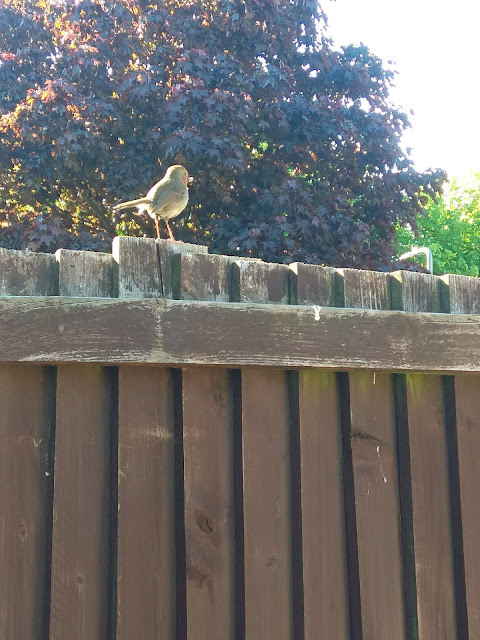Puzzle Project 1: The Coffee Lady
October 22
It was a really small
office, and as befits a research nonprofit organization, it was located in a
residential area in Karachi, had ugly, beige walls, old computers and
unflattering white tube-light. I usually sat by myself in a room away from the
other staff, entering data about important social issues. I have to admit, I
wouldn’t have scored very high on a job satisfaction survey.
I must have seen the chotta (who often is not a small boy as
the nickname indicates but in fact a grown-up individual) bringing in a tray of
cups that had something very creamy and frothy – not tea. What’s that? I asked him as he passed me by and he told me it was
coffee for “sahib jee”. Interesting. Could
I have some too? Sure, and some minutes later I had my own cup of sweet but
strong milky coffee with enough froth to make a mustache.
One day I decided to go
up to the kitchen to ask for coffee myself, probably because chotta was too busy or on leave. The
kitchen was on the second floor, in the corner of a narrow aisle. It was small
with a cabinet holding cutlery enough for the entire 12-person office to sit
down together and have lunch (as we did almost every day), a stove with a
blackened saucepan that is the sign of a healthy coffee/tea drinking society
and sink. It was very clean, all the glasses and plates were stacked according
to size, the spice containers neatly labeled and the sink empty with washed
utensils sitting in the drying rack.
“Salamalikum,” I
told the lady in the kitchen. Her name was Arifa. She was petite, probably in
her mid 5os and had henna-dyed orange hair. She asked me how I was and if I
wanted something. I told her I loved the coffee she made and she was so
pleased. “Well today you can see how I make it!” she told me and I leaned against
the sink to watch the process: she put the milk to boil in the saucepan, and
then picked out a cup, added a teaspoon heaped with instant coffee, sugar and a
few drops of milk. Then she proceeded to whisk it with more gusto than an
unattended four-year-old smears her mother’s makeup on her face. A few minutes
and the milk was boiling while the mixture in the cup was a creamy
milk-chocolate color. When she added the milk it frothed prettily, better than
any coffee machine encountered.
“You have to beat it hard
enough so that it becomes creamy,” she told me as she handed me the cup. I
nodded, thanked her and went downstairs, all the richer in my coffee-making
abilities.
Arifa cooked daal or sabzi or chicken curry every day for lunch, and we would have it with
fresh chappatis from a nearby
tandoor. I suppose after Arifa, that was my favorite part about my office. I
kind of made a habit of going up to see her first thing in the morning and
talking to her while she made my coffee. She taught me how to do it myself but
I was nowhere as good a whisker as she was, which says something about my
fitness level and about hers as well.
Arifa told me she had
been working as a cook and sometimes maid for the office for six years. She
cleaned houses on the weekends and spent her evenings with her grandchildren.
She lives in a small house with her elder son, his wife and their four
children. Her daughter often comes to stay with them because her husband often
lapses into alcohol abuse and becomes physically abusive. She brings her two
teenage daughters with her when that happens. Arifa cares for her daughter and
her family, and she contributes to the household expenditures along with her
son. But when she told me about her life, she didn’t sound depressed or
downtrodden. She acknowledged she had difficult times and how sometimes it was
hard to make ends meet, but she also talked about how much she loved her
grandchildren and how they played with her and spent more time with her than
their own parents!
Arifa was a good cook,
she made delicious coffee and she cared enough to ask about my day. She was a resilient,
amazing, ordinary lady who kept the kitchen really clean, enquired about the
guard and his health even though he often forgot to wash his dishes after
himself (her words not mine!) and she persevered with a subtle optimism that I
hope to emulate.


I love these kinds of small, beautiful experiences on paper. more more more
ReplyDelete